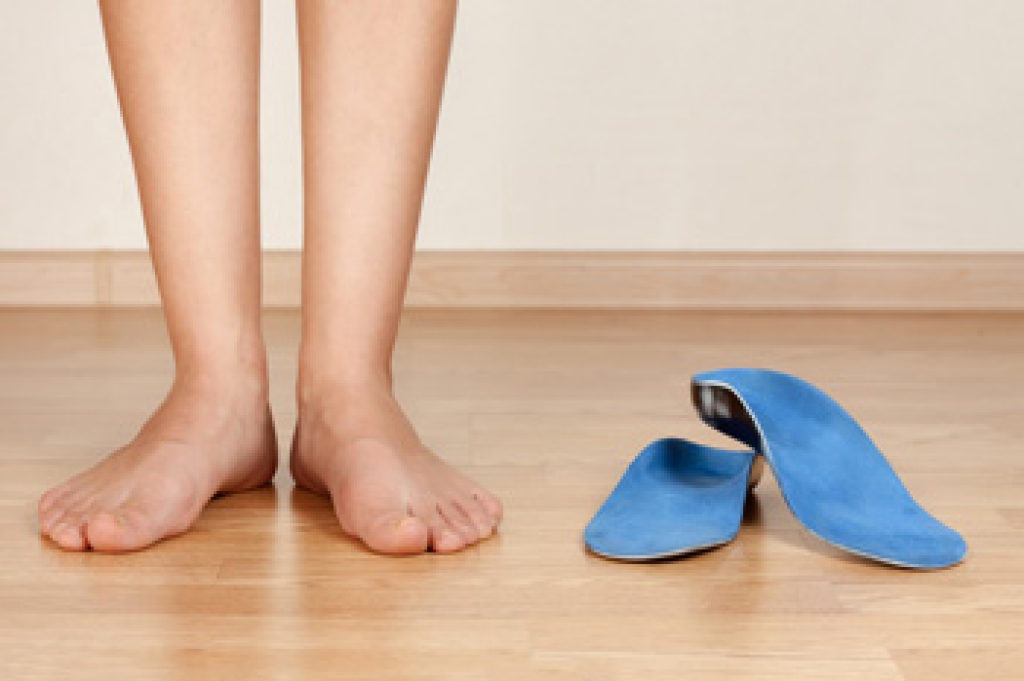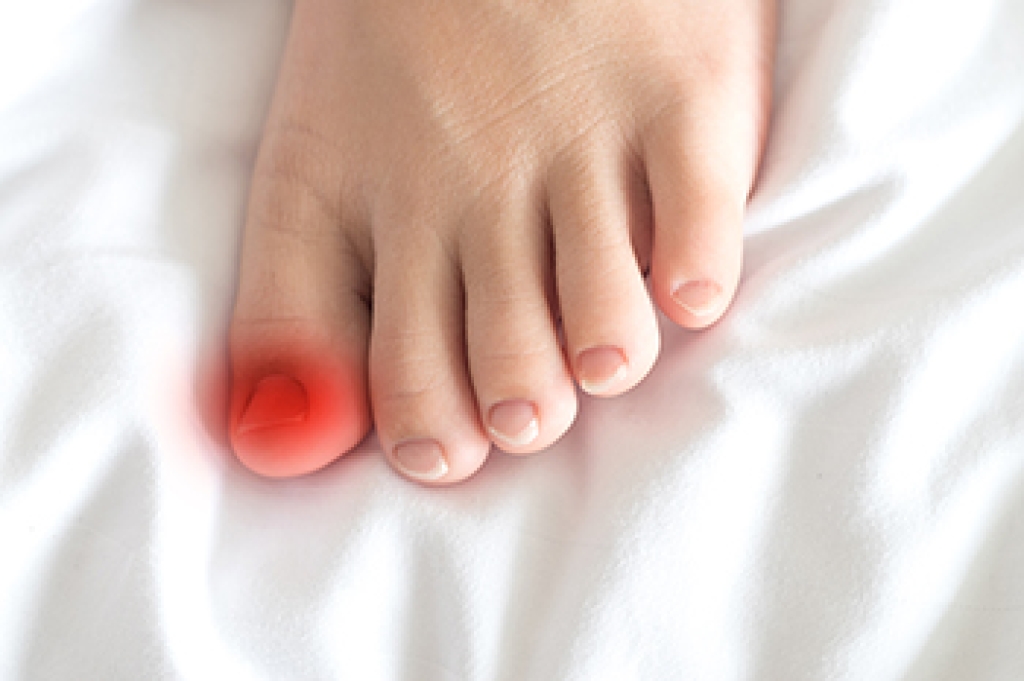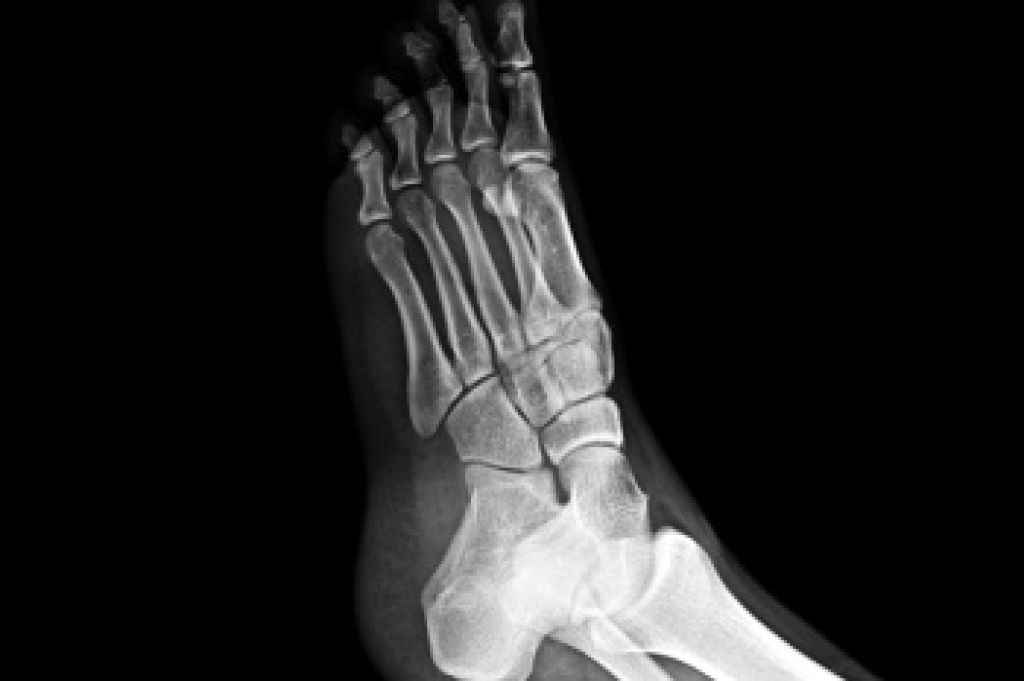
Foot pain can disrupt the daily life of those with arthritis, making activities like walking or standing extremely difficult. Proper footwear is essential for prevention, but for those already suffering, orthotics offer significant relief. These shoe inserts are designed to ease pain and correct structural foot issues. Especially beneficial for one in four adults with foot problems, orthotics are even more important for people with arthritis types like rheumatoid arthritis and osteoarthritis. They help by redistributing weight, cushioning sensitive areas, and correcting gait issues. Orthotics are believed to adjust gait control and muscle activity, thereby reducing stress on lower extremities. Research supports their use with various conditions like bunions and plantar fasciitis. If you have arthritic foot pain, it is suggested that you make an appointment with a podiatrist who can guide you on the suitability of orthotics for you and can tailor them to your individual condition.
Discover relief from persistent foot pain with custom orthotics and shoe inserts. If you’re battling heel pain, these personalized solutions offer targeted support, addressing the root causes of discomfort. Customized to your unique biomechanics, these inserts provide stability, alleviating both heel and foot pain. Say goodbye to the agony of every step and hello to a life free from constant foot pain. Invest in your well-being with custom orthotics or shoe inserts ensuring your feet receive the care they deserve. Step confidently, step comfortably – because a pain-free journey begins with the right support.
If you have any questions please contact our offices located in South York, West York, and East York, PA . We offer the newest diagnostic and treatment technologies for all your foot and ankle needs.


 Pregnancy
Pregnancy
